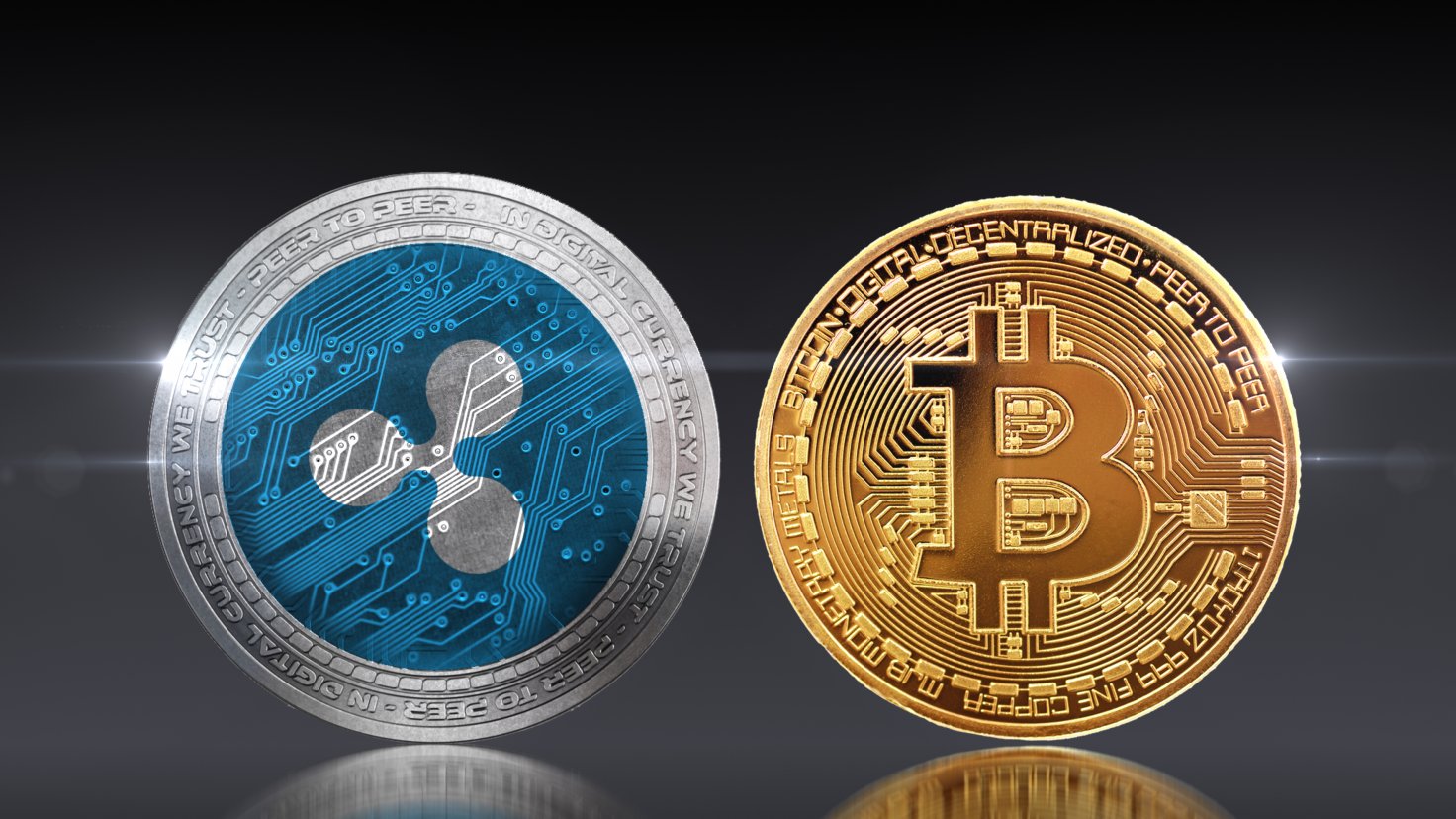Ripple is one of the world’s top 5 cryptocurrencies in terms of market capitalization.
While you may have heard or read the statement above, you probably haven’t read several other interesting things about Ripple.
Reading this article further, you’ll find out a good deal of insightful information about Ripple, including the major point of difference between Ripple and Bitcoin, the differing options for storing Ripple coins and where to buy/sell Ripple.
Before diving further into the content of this article, you should like to know that Ripple is a digital currency established as far back as 2012 and is well known for helping banks across the world execute cross-border transactions without the need for Money Gram, Western Union and certain other middlemen.
Specifically, what you should be hell bent on finding out (about Ripple) is that it isn’t only a digital currency but a tripartite platform comprising the Ripple cryptocurrency (XRP), the Ripple company (RippleLabs) and the Ripple network (RippleNet).
The Striking Difference between Ripple and Bitcoin

Ripple is said to have been developed by crypto experts (Jed McCaleb and Chris Larsen) who were influenced by how the Bitcoin blockchain operates. While working out the creation of Ripple, Larsen and McCaleb probably envisioned a cryptocurrency that would work like Bitcoin. But again, the duo really wanted Ripple to showcase a considerable degree of diversion from Bitcoin.
While the Bitcoin blockchain, therefore, involves mining of coins, Ripple maintains a network devoid of coin mining. This need for mining, in some measure, distinguishes Bitcoin from Ripple. However, the (main) striking difference between the two crypto networks (Bitcoin and Ripple) is that one (Ripple) is centralized while the other (Bitcoin) is decentralized.
Following the launch of Ripple, the founders released 80 billion Ripple (XRP) coins to the company in charge of Ripple. This, of course, was after the founders had allotted 20 billion XRP coins to themselves. Concisely, the founders churned out 100 billion XRP coins and distributed 80 billion (XRP) coins to the Ripple company after having reserved 20 billion (XRP) coins for themselves.
The Ripple company holds less than half of the XRP coins released to it, hence leaving as many as 55 billion XRP coins in circulation.
With the explanation above, one should now understand that the Ripple coin is under the control of the Ripple company and as such, the company may decide to pump a relatively large amount of Ripple coins into the crypto market. If this ever occurs, there’ll be an excess of Ripple coins in the market, hence causing a drastic reduction in the value of Ripple.
Storing Ripple (XRP): What Are the Best Storage Options?
You should note that just like various other cryptocurrencies, Ripple can be stored in differing wallets which are classified under three headings: hardware wallets, exchange wallets and online/mobile wallets.
Each of these wallet headings does have its peculiarities, pros and cons. But on several grounds, hardware wallets (otherwise known as cold wallets) have been described as the best and most secure wallets.
If you’re considering hardware wallets for the storage of your Ripple coins, you may opt for any of the following wallet providers –Trezor, Ledger and Bitfi. As regards exchange wallets, some of the crypto exchanges you may consider (for storing your Ripple coins) are Remitano, Quidax, CoinCola, Coinbase and Binance.
Interestingly, these exchanges (Remitano, Binance, Quidax, etc.) do not require you to pay a dime unlike hardware Ripple wallets (such as Bitfi Knox and Ledger Nano) that charge you a one-time fee in form of 20 XRP for the security of your Ripple coins.
In the third place, mobile/online wallets come as easy-to-use (though not as secure as hardware wallets) facilities for storing your Ripple coins. You should note that by the term “mobile”, what is implied here is that these wallets are in form of mobile apps that can be downloaded from Android or iOS store. Some of the reliable online/mobile wallet options you may consider are Coinomi and Atomic Wallet.
Where to Buy/Sell Ripple
Ripple is tradable on a decent number of cryptocurrency exchanges. Below is a list of the exchanges where you can expect to buy or sell your Ripple coins at reasonable prices:
- Remitano
- Binance
- Quidax
- Coindirect
- Coincola
- Luno
- Changelly
- Paybis
- Blockvila
Conclusion
Hopefully, this review article has helped you find out all you intended to know about Ripple. The video below will also explain further.





